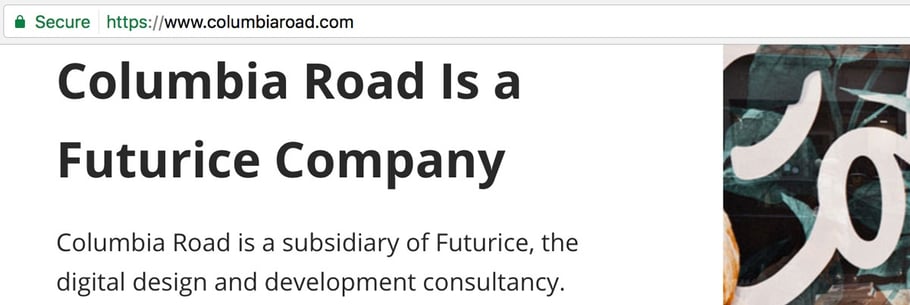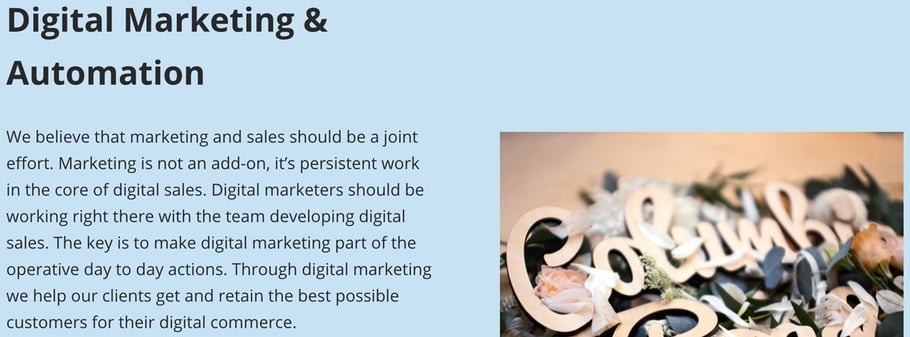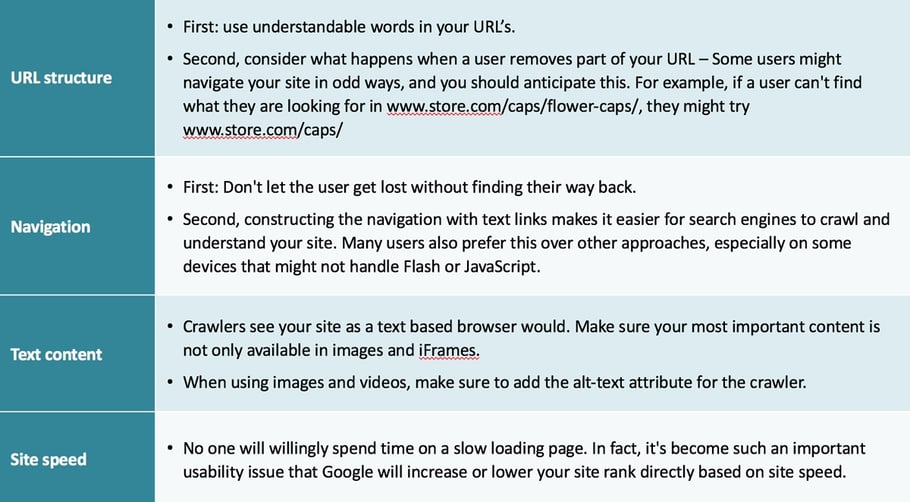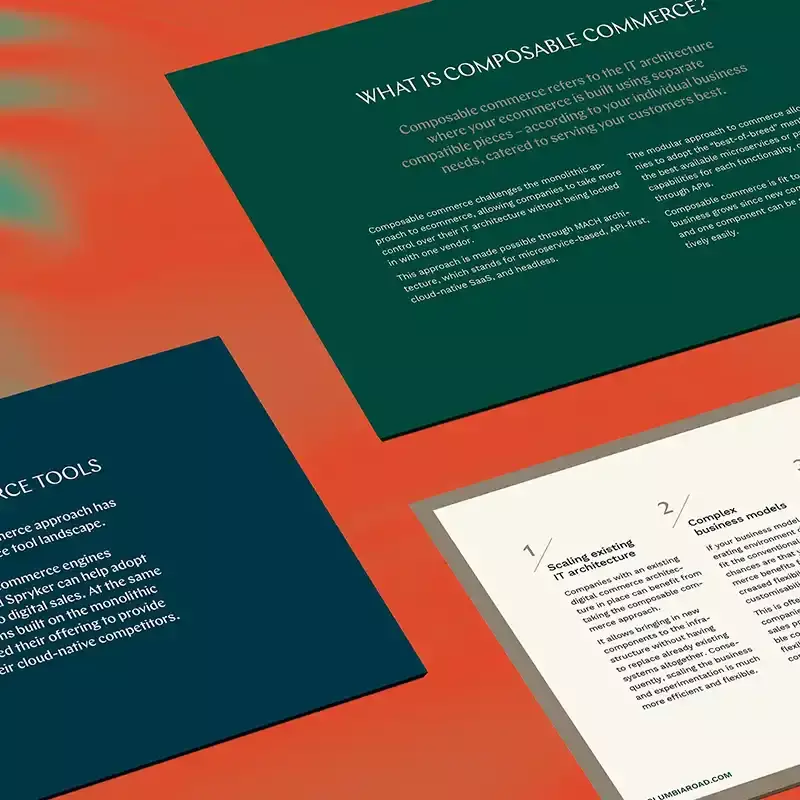The Data Handbook
How to use data to improve your customer journey and get better business outcomes in digital sales. Interviews, use cases, and deep-dives.
Get the book Google is the place where every web store’s potential customers go searching for products – at least in Finland. According to Bloomberg, Amazon has already beaten Google for product searches in the U.S. and Amazon search optimization might be something to look into in Europe as well in the near future. In this post, we still focus on getting visibility in Google.
Google is the place where every web store’s potential customers go searching for products – at least in Finland. According to Bloomberg, Amazon has already beaten Google for product searches in the U.S. and Amazon search optimization might be something to look into in Europe as well in the near future. In this post, we still focus on getting visibility in Google.
Every web store wants to appear in the first position of Google’s organic search results. SEO (search engine optimization) should therefore be a priority when developing a web store. The three most important guidelines of SEO are:
- Provide quality (text) content
- Make sure other sites link to yours
- Make your pages easily accessible
Provide quality content
This is the single most important thing to do. In addition to satisfying the search engine crawlers’ need for clear textual descriptions, quality content also improves usability and conversion rates.
1
First be sure to have enough text because the crawlers have trouble interpreting images, videos and JavaScript content. Surprisingly many websites have too little textual content – a symptom the crawlers describe as low text to html ratio.
→ Just write clear descriptions for your products and you’ll have already started SEO!
→ Remember to keep in mind what your customers are looking for – usually it’s not your brand jargon
2
Find out what are your most important keywords. Google is a massive tool for analysing customer demand as every Google user types in words that describe their immediate needs every day. What are the needs your business is trying to fulfil? When you have this figured out you will have a list of keywords. Use these exact keywords in your text content – preferably multiple times.
Remember that we are talking about text content. For example, many websites might not have their own name written anywhere in the text content because the name is already clearly visible to human eyes in the graphic logo.
→ Start by adding your business’ name to all the pages of your website and you are all set for optimising the most important keyword of your site.

3
Some of the text content is more important than other. There are a few exact places where you should add important keywords:
→ The title tag and the description attribute in the page’s head section. A page’s title should not be be longer than 65 characters, and the description character limit is 156.
These settings…

…give this search result:

→ Your links’ anchor texts. Don’t just say “read longer explanation here” but actually describe what the target page is about.
→ Your primary headings i.e. the <H1> tags
→ The first phrases of your first paragraph – Search engine bots rarely read the whole text
An example of a H1 header and a short paragraph filled with words that describe our business
Make sure other sites link to yours
Google considers links the most convincing proof of contents quality. For Google, a link means that other sites vouch for your content. The more popular the vouching site is, the better.
However, there is no magic automation solution to link building. Your content needs to be
1. Interesting, and
2. Useful
When was the last time you decided to share something in your social media? What kind of content gets linked to blogs and articles? People rarely read text that’s not useful to them in some way, and to add a link to something is a big commitment.
Some tips for where to start:
- How-to instructions are useful and easily shareable. Like this blog post, feel free to link!
- Informative summaries on something that might be difficult to grasp. For example, our blog post about the new EU legislation on data privacy (in Finnish only, sorry).
- A new point of view to an old problem. At Columbia Road we like frameworks, like the digital commerce canvas.
- Free downloadable templates. Or any gifts for that matter! Doesn’t our blog post “Why and How to Create a Customer Journey Map - Download Free Template” sound appealing?
If your site is ranking low on the search engine, even a few links on small sites can make a difference.
Make sure your site is easily accessible
The most important things to consider here are:
- URL structure
- Navigation
- Text content
- Site speed
Especially for large e-commerce sites, easy navigation is vital for the user and the crawlers. 
Search engine optimisation is no rocket science. It’s about creating quality text content that is true to your offering and describes your products fully - and knowing where you need to have that content to satisfy the crawlers.
The Data Handbook
How to use data to improve your customer journey and get better business outcomes in digital sales. Interviews, use cases, and deep-dives.
Get the book



